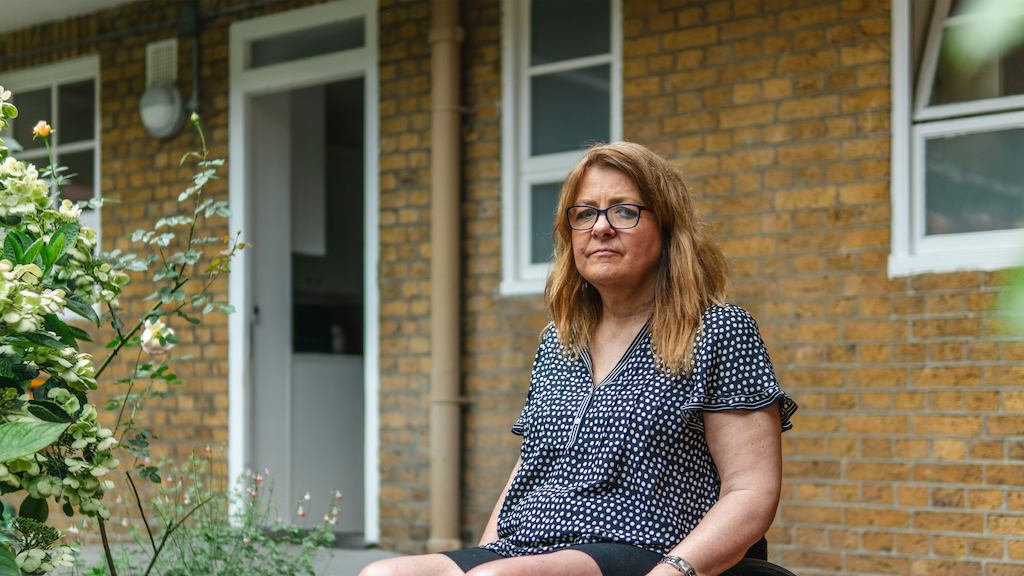The Centre for Ageing Better is launching an innovative new project designed to develop new policy and practice to improve support for Disabled people and people with long-term health conditions in their 50s and 60s to find and stay in work.
The SDOW project puts Disabled older workers at the heart of the issue, bringing their voice and experience into the policy debate on how to raise employment rates and standards for the cohort.
The research project will be guided by a nine-person Experts by Experience Steering Group (EESG), who will shape the direction of the project and have decision making capacity.
The panel is made up of nine individuals with a mix of gender, ethnicity, geography, employment status and age but who are all Disabled and/or have a work-limiting long term health condition.
The project will also explore the differing experiences of people who have acquired a disability earlier or later in life and whether the two groups require different interventions or levels of support.
The Policy Institute at King’s College London has been appointed as research partner on the project and will work to explore the experiences of Disabled older workers to help shape practical recommendations to improve policy and practice.
The recently published health and work review from the Centre for Ageing Better highlights why action is so urgently needed on this issue.
The review reveals the existence of a substantial health-related employment gap that widens with age with fewer than three in five (57%) people aged 50-65 who have a long-standing health condition in employment, compared to almost three in four (73%) aged 35-49.
This means that people with a long-term health condition are 60% more likely to be out of work if they are over 50. This is despite there being little to no difference by age in the proportions of people who consider their health condition “work-limiting”.
Lucy Kenny, Work project manager at the Centre for Ageing Better, said:
“We know that currently older Disabled people and older people with long-term health conditions are much less likely to be in work than their peers without a disability or health condition.
“Narrowing this gap is not only crucial to ensuring the financial security and wellbeing of Disabled people as they get older. It is also key to the government meeting its growth mission and its ambitious targets for raising employment rates and addressing the country’s productivity challenge.
“Too often the voices of older people and Disabled people are sidelined, marginalised or not included. In this project, they will be front and centre of our research as the project makes every effort to ensure that the voices of Disabled older people are heard loud and clear.”
Suzanne Hall, Director of Engagement at the Policy Institute at King’s College London and lead researcher, said:
“We are particularly excited to partner with nine Disabled people who will play a central role in guiding the research.
“These experts by experience will be instrumental in shaping the study design, analysing our findings, and formulating practical recommendations, rooted in people's realities, which improve policy and practice."
The research project has been funded by the Columbia Threadneedle Foundation, the charity of leading global asset manager Columbia Threadneedle Investments.
Laura Cook, Chair of the Columbia Threadneedle Foundation, said:
“We’re very pleased to be funding this vital research, which contributes to the Foundation’s ambition to address critical social issues, including inclusion and employment, to transform individual lives while also driving fundamental social change”.

